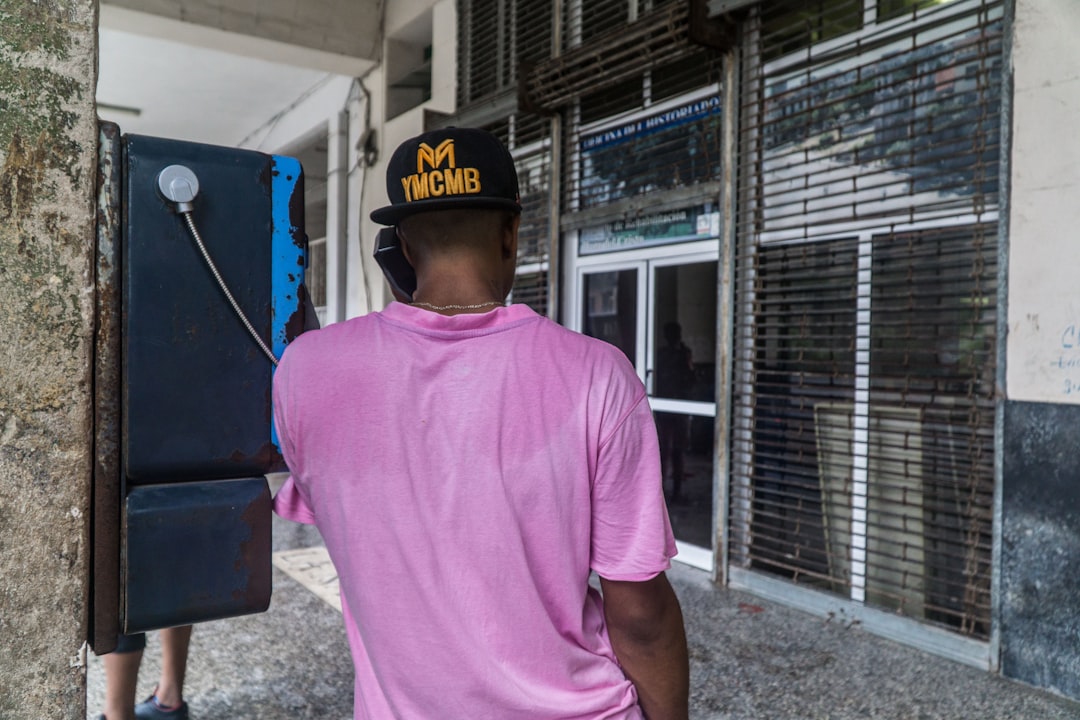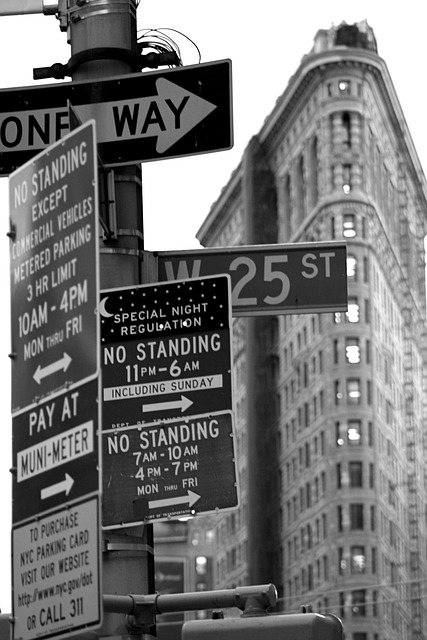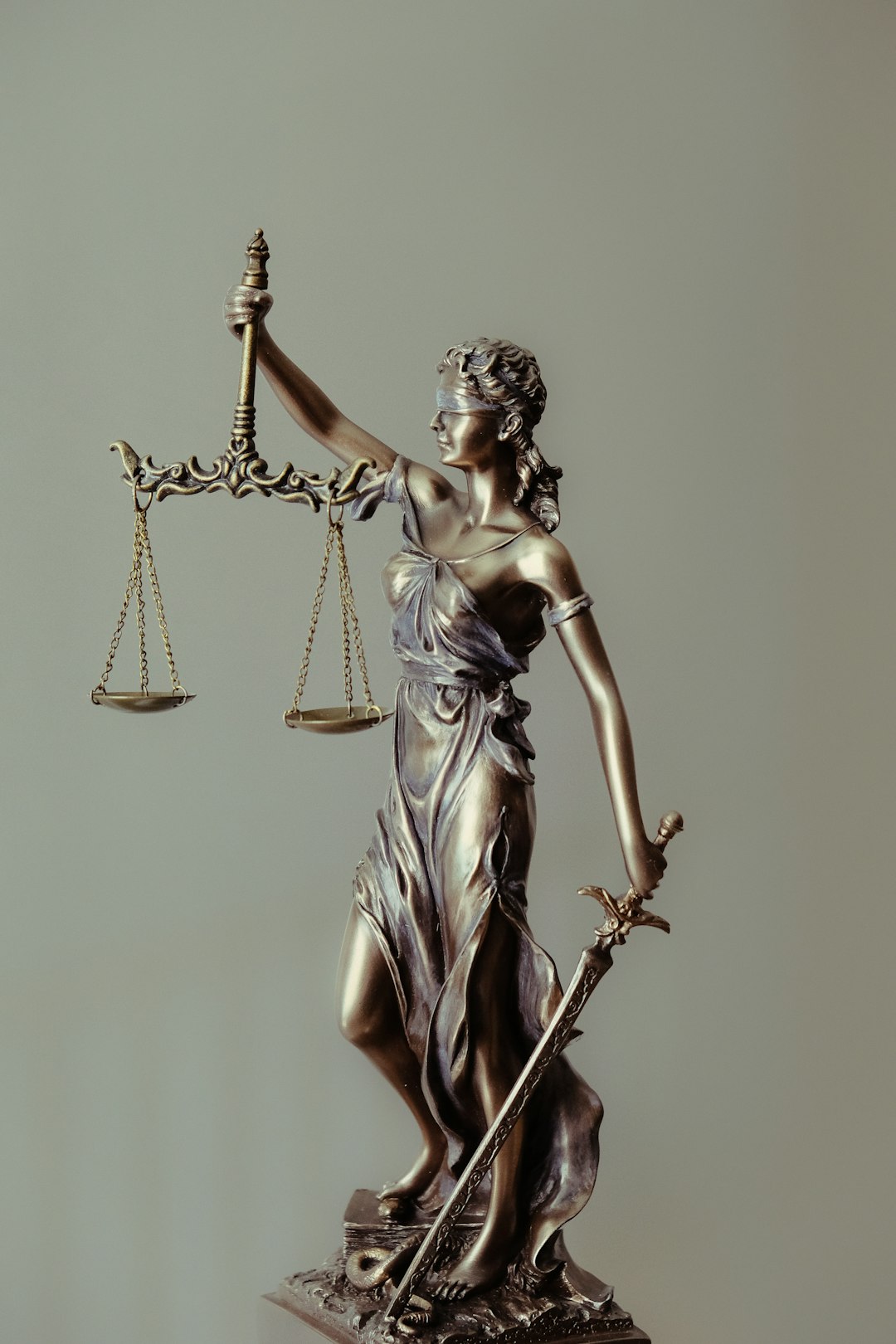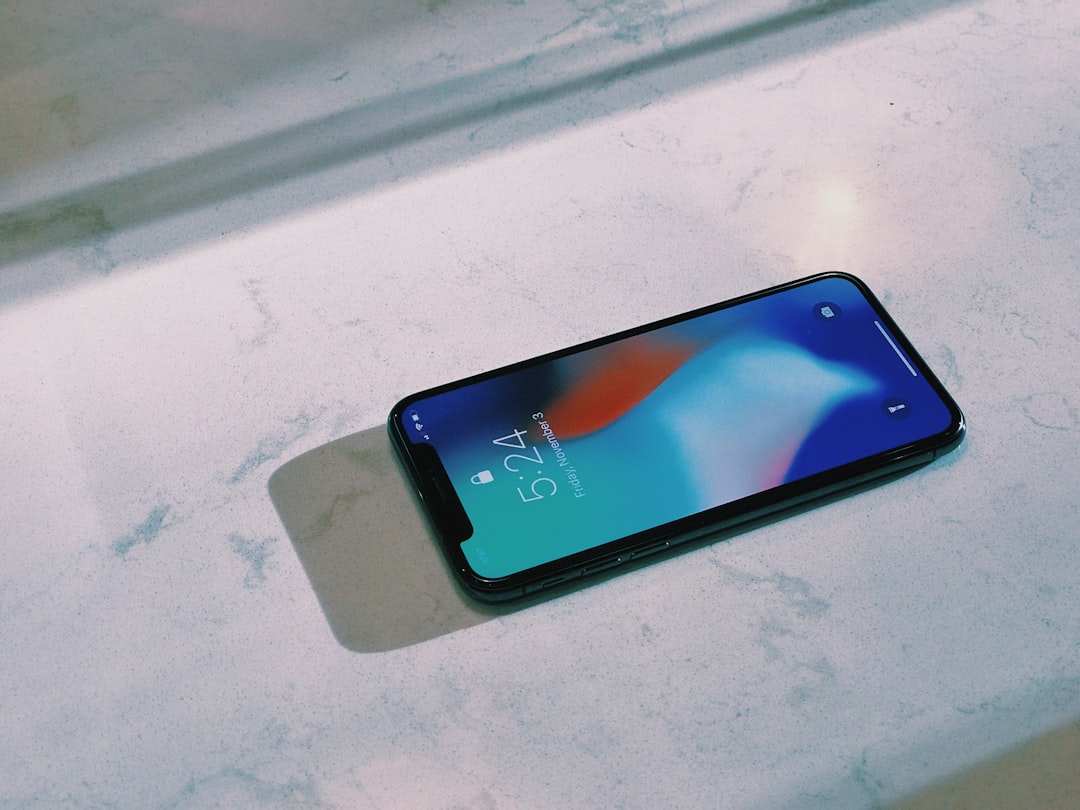In New York City, strict regulations like the Fair Debt Collection Practices Act (FDCPA) govern debt collector-debtor communication, protecting consumers' rights. A specialized lawyer is crucial for debt collectors to ensure compliance with state and federal laws, including proper contact timing, respectful language, and honoring debtor requests. Violations can result in legal consequences. Debtors benefit from robust protections; hiring a NYC-focused lawyer can help navigate complex regulations, ensuring fair treatment and protecting against violations. If you've experienced unfair debt collection practices, seeking legal counsel promptly is essential to maintain your rights and peace of mind.
In New York City, understanding the limits of debt collector communication is crucial for protecting your rights. This article explores the intricate web of laws governing debt collection practices within the city limits, focusing on the legal protections available to debtors. From knowing when a debt collector crosses the line to the role a lawyer can play in navigating these regulations, this guide equips you with essential knowledge. Discover how to recognize unfair debt collection practices and when it’s time to seek professional assistance with a lawyer for debt collector laws in New York City.
Understanding Debt Collector Communication Laws in New York City

In New York City, communication practices between debt collectors and debtors are strictly regulated to protect consumers’ rights. The Fair Debt Collection Practices Act (FDCPA) sets forth guidelines that debt collectors must adhere to when contacting individuals about their debts. This federal law is complemented by state-specific regulations, ensuring a robust framework for responsible debt collection. One key aspect is the restriction on communication methods and frequency; debt collectors in NYC cannot make contact via phone before 8:00 AM or after 9:00 PM, unless the debtor consents to earlier or later calls.
Additionally, they are prohibited from using abusive, harassing, or oppressive language, as well as threatening or false statements. A lawyer for a debt collector in New York City must ensure compliance with these laws to avoid legal repercussions. This includes obtaining proper authorization before contacting debtors, providing validation of the debt upon request, and respecting any valid consumer requests to stop communication.
The Role of a Lawyer in Navigating Debt Collection Regulations
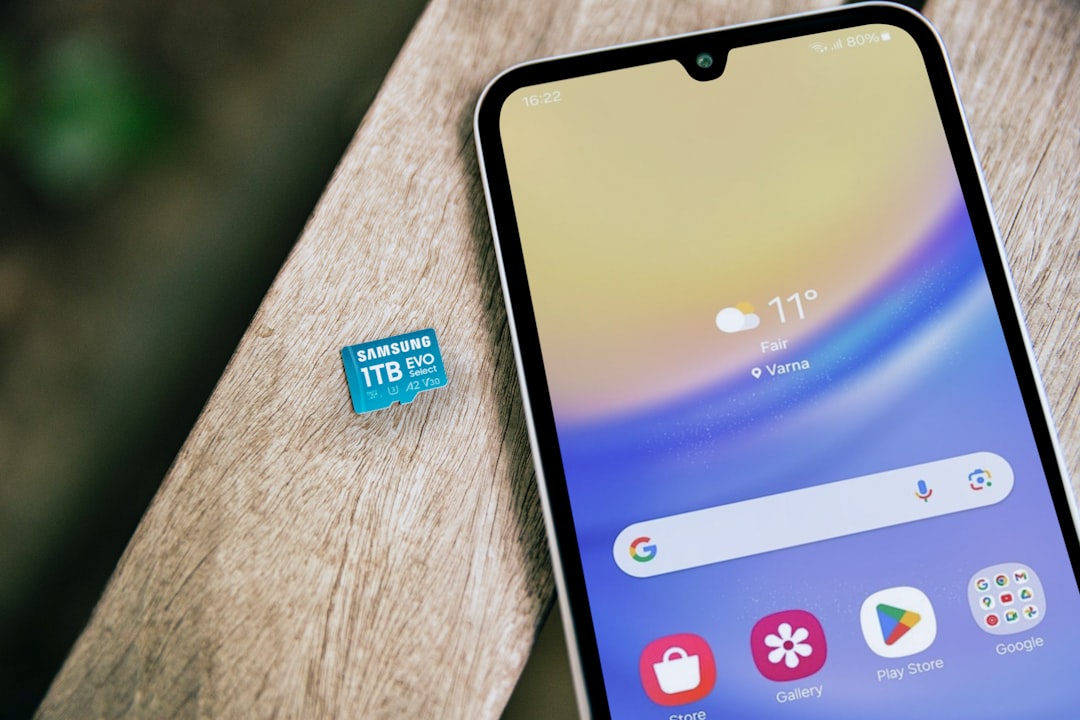
In New York City, where debt collection regulations are stringent and often complex, a lawyer plays a vital role in guiding individuals and businesses through the legal aspects of debt recovery. With strict rules governing how debt collectors can communicate with debtors, especially regarding limitations on phone calls, emails, and written notices, legal counsel is essential to ensure compliance. A lawyer for debt collectors in NYC can help draft effective communication strategies while adhering to state and federal laws, including the Fair Debt Collection Practices Act (FDCPA).
They provide crucial insights into when and how to contact debtors, ensuring that every interaction remains within legal boundaries. This includes advising on appropriate language, disclosure requirements, and the documentation needed to support each communication. By employing a lawyer’s expertise, debt collection agencies can avoid costly mistakes, protect their reputation, and maintain compliance with the law, ultimately leading to more successful debt recovery processes.
Limits on Debt Collector Contact: What You Need to Know
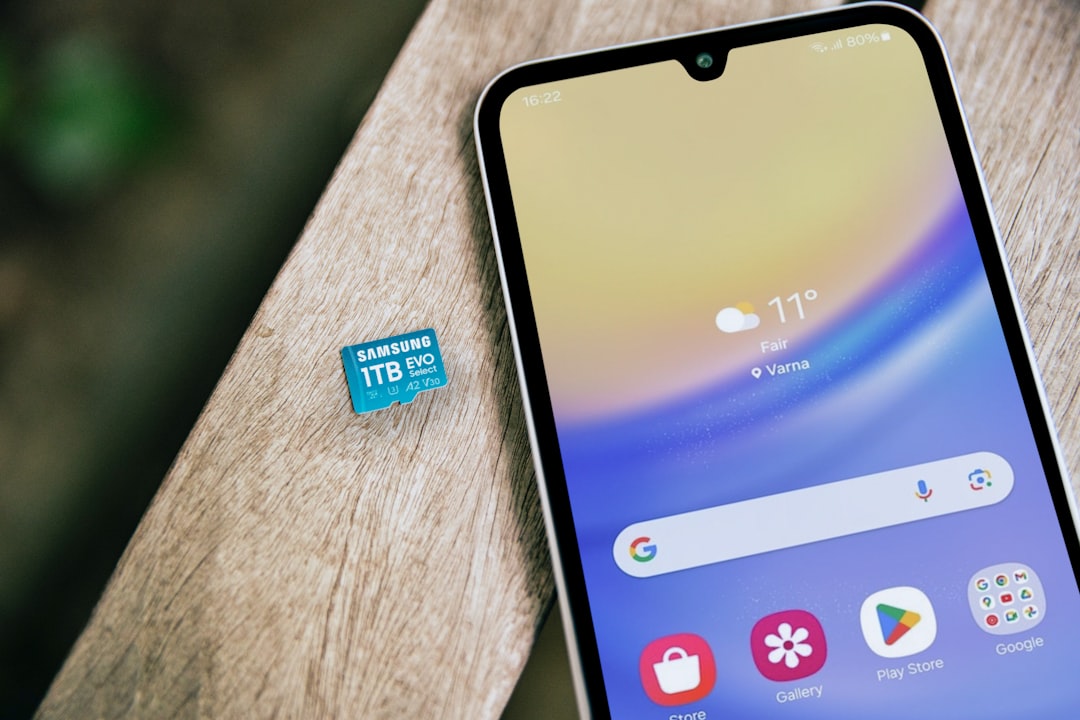
In New York City, debt collectors are subject to strict regulations regarding their communication methods and frequency. According to the Fair Debt Collection Practices Act (FDCPA), debt collectors must adhere to certain guidelines when contacting consumers. One significant limit is the number of calls made; they cannot contact you more than seven times within a week unless you agree otherwise. Additionally, debt collectors are prohibited from calling at unreasonable times, such as before 8 am or after 9 pm, local time.
Hiring a lawyer for debt collector issues in NYC can provide consumers with legal recourse if their rights are violated. These laws exist to protect individuals from aggressive or harassing collection practices. Consumers have the right to request validation of the debt and to stop further contact from collectors. Knowing these communication limits is crucial, especially when considering whether to seek legal assistance from a qualified lawyer for debt collector cases in New York City.
Legal Protections for Debtors in NYC

In New York City, debtors enjoy robust legal protections designed to safeguard them from aggressive or unfair practices by debt collectors. The state’s laws, such as the New York Debt Collection Act and the Fair Debt Collection Practices Act (FDCPA), outline strict guidelines for how debt collectors can communicate with individuals. These laws prohibit abusive, harassing, or deceptive acts, including making false statements, threatening violence, or using obscene language. Debtors also have the right to request validation of the debt, which requires the collector to provide proof of the amount owed and the basis for claiming it.
Hiring a lawyer for a debt collector in New York City is a strategic move for individuals facing relentless or illegal collection efforts. Legal counsel can help navigate the complex web of regulations, ensuring that debtors’ rights are respected and enforced. They can also communicate with collectors on behalf of their clients, providing a professional and assertive approach to resolving the issue, all while protecting against any further violations of debtor rights.
When to Seek Legal Advice for Unfair Debt Collection Practices
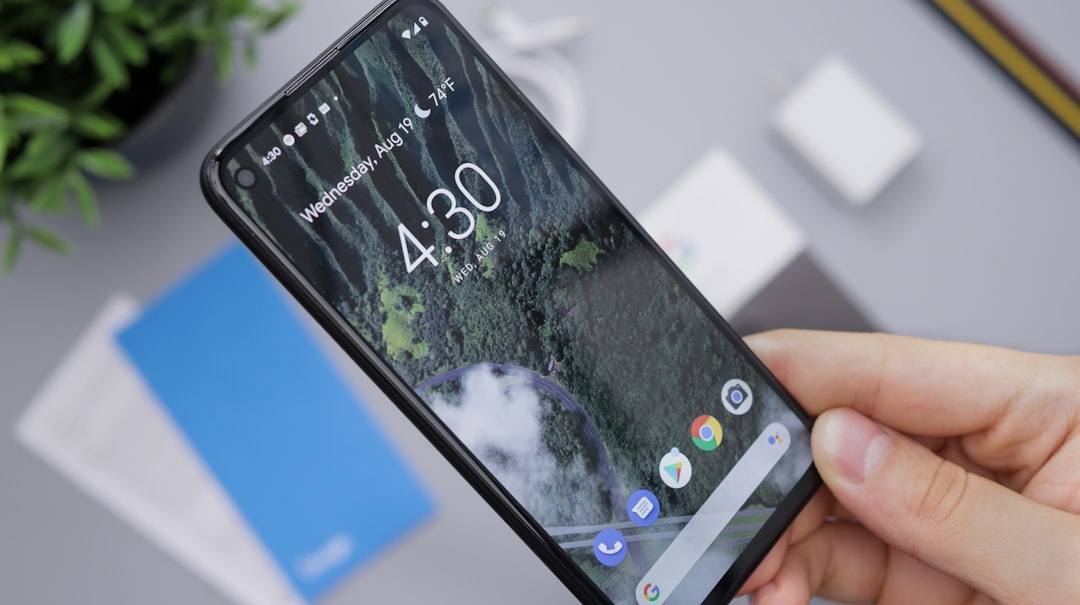
If you believe you’ve been subjected to unfair, abusive, or harassing tactics by a debt collector in New York City, it’s crucial to know your rights and when to seek legal counsel. While many debt collection agencies operate within the bounds of the law, some may employ illegal practices such as making false statements, threatening violence, or using obscene language. In New York, these actions can be considered violations of the Debt Collection Practices Act (DCPA).
In such cases, consulting with a lawyer for debt collector in NYC can provide clarity and protection. Legal experts specializing in consumer rights can help determine if your rights have been infringed upon and guide you through potential legal avenues. They can also advise on how to communicate effectively with debt collectors, ensuring your interactions remain within legal limits and protect you from further harassment.

